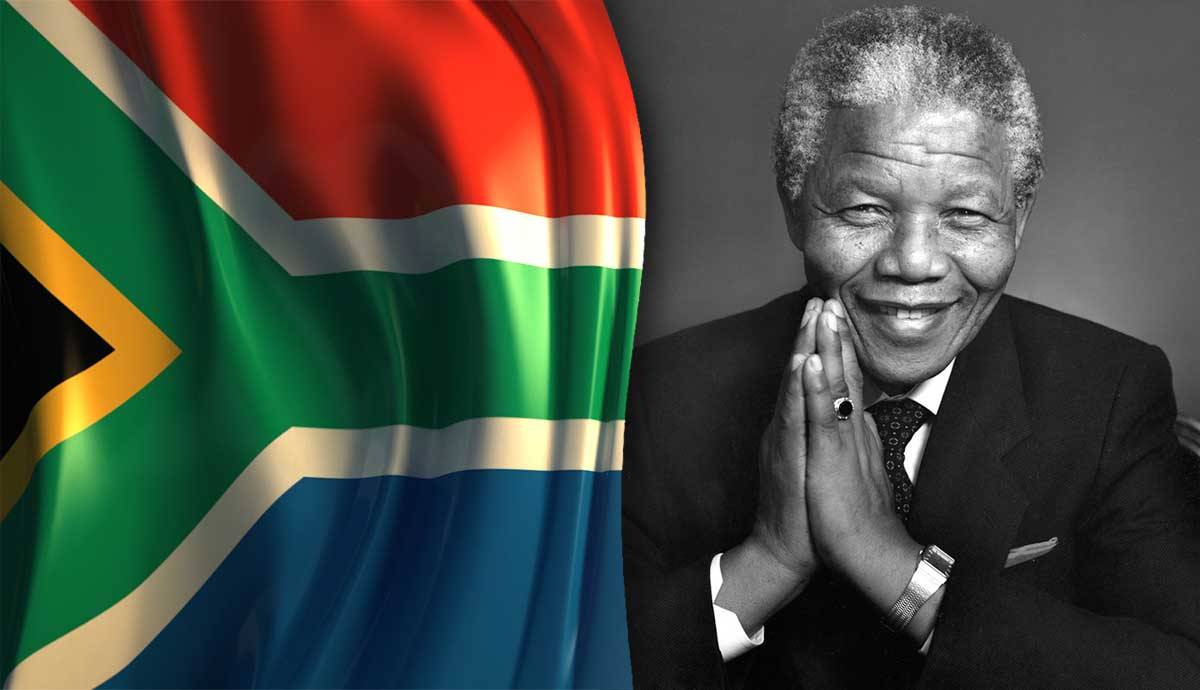
Ten years have passed since the world bid farewell to Nelson Mandela, the anti-apartheid revolutionary who became South Africa’s first black president.
A towering statue of Mandela, arms outstretched, stands as a constant reminder of his legacy in Pretoria, the country’s capital. Yet, amidst South Africa’s ongoing economic and political struggles, a growing sentiment suggests that it may be time to move beyond the era of “Mandela-mania.”
Mandela’s image graces South African banknotes, his autobiography “Long Walk to Freedom” remains a global bestseller, and Robben Island, where he spent 27 years imprisoned, is a top tourist destination. The reverence for Mandela is undeniable, but it has also raised questions about the extent to which his legacy has overshadowed the country’s present struggles.
“What would ‘Madiba’ think if he were still here?” is a question that echoes across South Africa as the nation grapples with economic inequality, political corruption, and high unemployment. Some argue that Mandela’s focus on reconciliation and unity has hindered the pursuit of more radical measures to dismantle the deep-rooted inequalities entrenched by apartheid.
In an effort to encourage critical dialogue about Mandela’s legacy, the Nelson Mandela Foundation has opened an anniversary exhibition titled “Mandela is Dead.” This provocative title reflects the foundation’s belief that it is time for South Africans to confront the reality of Mandela’s absence and engage in a more nuanced assessment of his impact.
The exhibition highlights the “weight of the loss” felt by South Africa following Mandela’s death and encourages visitors to share their perspectives on his heritage. Interactive displays invite open discussion, fostering a space for debate and reflection.
While some view Mandela as a saint, others argue that he was a “sellout” who failed to do enough to address the lingering effects of apartheid. The exhibition embraces these diverse viewpoints, recognizing that Mandela’s legacy is complex and multifaceted.
Verne Harris, Mandela’s archivist and acting president of the Mandela Foundation, acknowledges the challenges of navigating the country’s relationship with its iconic leader. He observes that South Africans often express narratives that portray Mandela as either a savior or a sellout, reflecting the complex emotions surrounding his legacy.
Despite the mixed reactions, Harris emphasizes that Mandela’s most enduring lesson is the importance of perseverance. “Hope is not enough,” he asserts. “We need a deep belief that even if the future is worse than the present we still have to keep fighting, keep doing what needs to be done.”
As South Africa grapples with its current challenges, the nation’s relationship with Mandela’s legacy remains a subject of ongoing debate. The “Mandela is Dead” exhibition serves as a catalyst for critical reflection, urging South Africans to confront the past while forging a path towards a brighter future.
